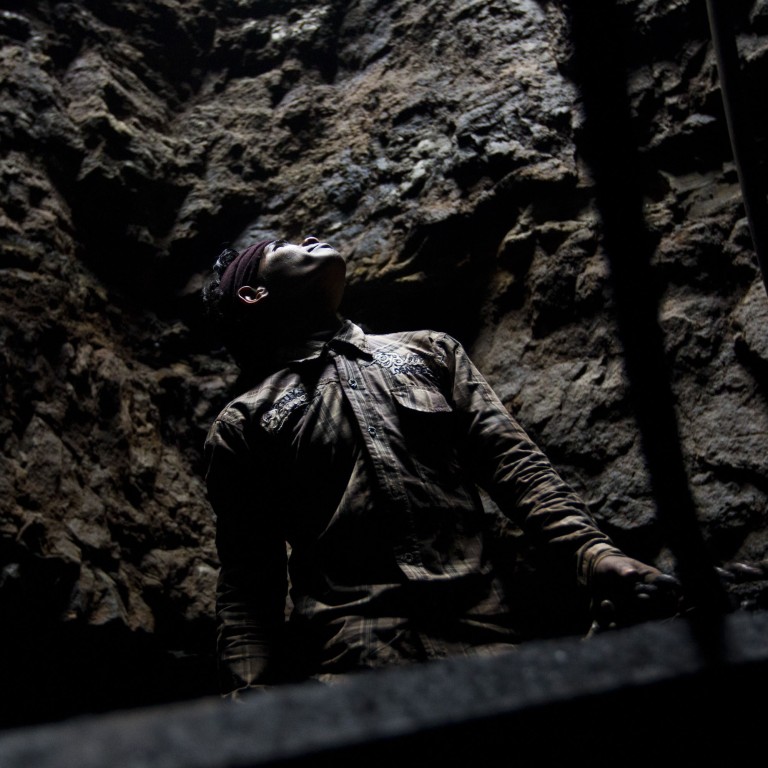
Money is key in ensuring industrial safety standards are met
In one of his charming television travelogues, Michael Palin of Monty Python fame visited a coal mine in India several years ago and was given a demonstration of how serious the mine was about safe working conditions.
The demonstration consisted of a priest blessing the miners on behalf of the goddess Kali, painted signboards urging (in English) the miners to be safe and the singing of a safety song by the mine's office employees, none of whom wore helmets, safety boots or any safety equipment that I could see.
Michael Palin is an intelligent man. I don't think he set foot inside the mine tunnel. I certainly never would.
To me it was a demonstration of how utterly pointless safety measures can be at their worst and how they then mock the people who are put in danger.
Almost as pointless, although not a mockery, are the precautions recommended by the letter writer whom I quote above.
In a town that that cannot even enforce simple regulations against dripping air conditioners and idling engines, how do we expect poorly educated enforcement wardens to be familiar with all the different safety measures that may apply to the storage and handling of thousands of different products and chemicals?
How do we expect these wardens even to find and properly identify these substances, which are kept out of sight in private warehouses rather than visible to everyone on the street, particularly when the people who have stored them there would probably rather not cooperate with the wardens?
It might still happen in Hong Kong, although highly unlikely, but it would be virtually impossible in the mainland when the wardens would also have to confront companies with strong political connections, as was apparently the case in the Tianjin explosions.
Big industrial accidents always lead to the same clamour for draconian punishment of those responsible and new regulations to stop it from happening in the future.
Neither have much effect. They are addressed at public outrage, not at accident prevention. This is the wrong way to go about things.
There is a right way, however. It starts with recognising that safety is a process of learning and sticking with the right procedures for carrying out any industrial process and maintaining the discipline of these procedures.
When I worked at a sawmill in my student days, for instance, the first thing I was taught was never to switch on a machine that had been red-tagged and never to unclip a red tag from such a machine unless I had clipped it there. Break that rule and I would be sacked instantly with no hope that the union would stand up for me.
It wasn't blessing, exhortation or safety song. It was a hard and fast rule and one reason it was strenuously enforced was that the company stood to lose large amounts of money in lawsuits should safety considerations be ignored.
Behind the company's direct concern for its own welfare stood its insurance underwriters. They in turn familiarised themselves with sawmill operating standards for the very good reason that seeing these enforced had a direct bearing on their own earnings and financial standing.
If you make safety a matter of money gained or lost for those who must maintain it, you get standards of both regulation and compliance which far exceed anything to be expected from dressing someone up in a brown uniform and a cap and telling him to go check up on safety measures.
I think the big failure in Tianjin will prove to be that the company didn't care about the dangers it incurred because it considered its political connections proof against them and the insurance company didn't care because either there was no insurance or the policies it had written were much too limited.
And if this is so, then Tianjin happened because the whole system failed, which makes me wonder how top government officials in Beijing can have the gall to point the finger at anyone but themselves. It's their system.
Even songs and blessings might do better.

